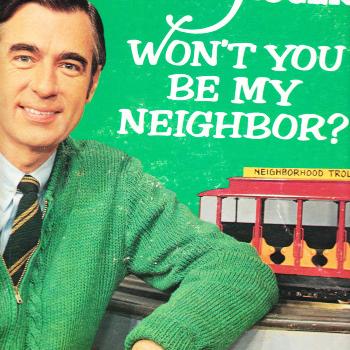The "Fort Dix 5" — five Philadelphia-area men accused of plotting an implausible attack on the South Jersey Army base — were convicted of conspiring to commit murder.
This was a murky case involving what the defense characterized as virtual entrapment by the FBI informant who seems to have masterminded the scheme. But what really troubled me throughout this trial was that in addition to the conspiracy charge — which accurately described what prosecutors said the men did — the five men were also facing charges of attempted murder. I'm not a lawyer, but it seems to me that we shouldn't be charging people with attempted murder unless they have actually, you know, attempted murder. So I was happy to see the jury agreed with me on that point, acquitting the conspirators of that charge.
While I'm on the subject of legal matters I don't understand, here's a snippet from yesterday's police blotter in the paper:
night resulted in 16 people being charged with drunken driving. Newport
Police Chief Michael Capriglione, who heads the New Castle County
Checkpoint Strikeforce, said police set up a checkpoint from 9 p.m.
Friday until 2 a.m. Saturday at Pennsylvania Avenue and Tower Road.
Officers also recovered a stolen vehicle and arrested five people on
fugitive warrants, four on drug counts and 42 for other charges.
I'm not sure that I'm opposed to the idea of DUI checkpoints in principle, but it seems that DUI checkpoints have extended and expanded their mandate way beyond the limited public-safety function they were granted the authority/Fourth-Amendment-exemption to pursue. The checkpoint referenced above caught 16 people driving under the influence. Yay for that. But it also caught "five people on
fugitive warrants, four on drug counts and 42 for other charges."
What does that mean, "other charges"? It seems like 42 people were driving along when they were stopped by police officers whose only authority was to prevent drunken driving. If those 42 people are driving sober, then that should be it — the police at the checkpoint have reached the extent of their authority there. Thank you sir, thank you ma'am, have a safe evening.
Catching legal fugitives is a Good Thing, but how exactly did the checkpoint officers know those five people were fugitives? It would seem that the police ran their names through their database. Why? It's a sobriety checkpoint and these five fugitives don't seem to have been driving drunk, so why would the police be taking their licenses and running checks on these drivers?
The bottom line here is that this "DUI checkpoint" isn't a DUI checkpoint at all. It's just a checkpoint. Police block the road and stop everybody, asking for their papers.
How exactly is that legal?












